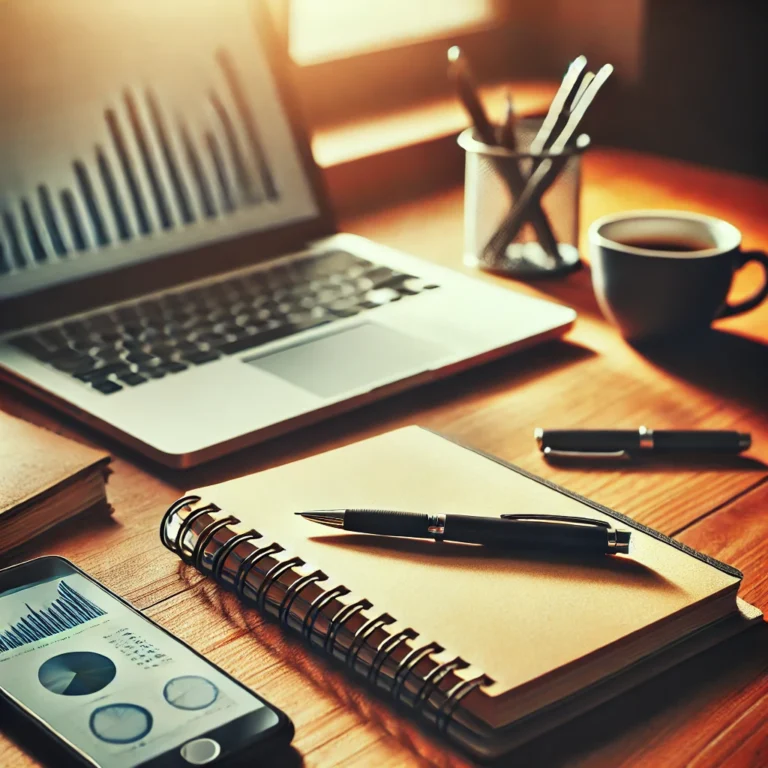
Education is often viewed as a means to secure a degree or land a good job. But for me, it’s much more than that—education has become a lifelong journey of curiosity, discovery, and growth. Through each phase of my life, from school to professional learning, I’ve realized that education isn’t just about acquiring information. It shapes who we are, broadens our perspectives, and teaches us how to approach challenges in meaningful ways.
In this blog, I’ll take you through my reflections on the importance of education, share personal experiences, and highlight why it continues to play a pivotal role in building both individual lives and entire communities.
Learning Beyond the Classroom
When I was younger, I thought that education ended with school. The idea of reading textbooks and attending lectures didn’t exactly thrill me back then. However, things changed when I discovered learning in the real world. Traveling, interacting with new people, and participating in social initiatives taught me lessons I could never find in books.
For example, I volunteered for a project that focused on sustainable agriculture and was introduced to the world of farming. Not only did I learn about crops in Pakistan, but I also realized how closely education connects with real-world problems. Understanding the science behind crop production opened my eyes to how education can directly impact communities by improving farming techniques, preserving resources, and enhancing food security.
This experience reminded me that education isn’t limited to formal settings—it’s everywhere, as long as you have the willingness to learn.
The Value of Lifelong Learning
One of the biggest lessons I’ve learned is that education doesn’t stop after graduation. In fact, I think the real education begins after you leave the structured environment of schools and universities. Whether it’s acquiring new skills at work, learning how to manage finances, or figuring out the complexities of personal relationships, life constantly demands that we keep learning.
There was a time when I felt overwhelmed by the rapid changes in technology. I found myself lagging behind in some areas, especially when new software or tools were introduced at work. That’s when I decided to commit myself to lifelong learning. I started taking online courses, attending workshops, and reading books on subjects I found challenging. The beauty of today’s world is that education is more accessible than ever, and you can learn almost anything at your own pace.
Breaking the Myths Around Education
A major myth I encountered growing up was that only people with formal degrees are truly educated. I now know how untrue that is. Some of the most knowledgeable people I’ve met didn’t even go to college—they learned by doing, experimenting, and failing forward.
I once met a self-taught entrepreneur who had never been to a business school but successfully launched multiple ventures. His insights on problem-solving, customer engagement, and innovation were better than many textbook theories. Talking to him made me realize that education is as much about mindset as it is about information. It’s about being open to change, staying curious, and always seeking improvement.
Education Builds Resilience
Another thing education has given me is resilience. Whether it was facing academic challenges or navigating personal hardships, education has played a crucial role in strengthening my problem-solving abilities.
In school, I was terrible at math. I remember feeling frustrated and thinking I’d never get through it. But with the help of a dedicated teacher and my own persistence, I gradually improved. That small achievement might seem trivial now, but it taught me something valuable: learning is often about endurance and patience. Today, whenever I encounter difficulties—whether in work or in life—I remind myself that I’ve conquered tough situations before and can do it again.
Education as a Tool for Social Change
What excites me the most about education is its power to change lives and transform societies. Whether it’s promoting gender equality, encouraging environmental sustainability, or reducing poverty, education plays a key role in tackling some of the biggest global challenges.
Take the example of community education programs in rural areas. These programs often provide children and adults with essential skills that can uplift entire communities. I’ve seen first-hand how access to education has empowered individuals to improve their lives and contribute to society.
There’s something incredibly powerful about seeing someone take control of their future simply because they were given the chance to learn. It reminds me that education isn’t just about personal growth—it’s about collective progress.
Embracing New Forms of Learning
In today’s world, education is no longer confined to traditional methods. Digital platforms have completely changed how we access knowledge. Whether it’s podcasts, YouTube tutorials, or interactive apps, there are countless ways to learn beyond the classroom.
Personally, I’ve found online courses to be a game-changer. They allow me to explore new subjects without the pressure of exams or deadlines. Learning at my own pace has made the experience more enjoyable and rewarding. I’m constantly amazed by how easy it is to connect with experts and educators from around the world, all from the comfort of my home.
Final Thoughts
Looking back, my journey with education has been full of ups and downs, but each phase has taught me something valuable. Education is not just about grades or degrees—it’s about developing critical thinking, nurturing curiosity, and becoming adaptable in a constantly changing world.
If there’s one thing I’ve learned, it’s that education is a lifelong companion. It empowers us to overcome challenges, embrace new opportunities, and contribute meaningfully to society. And the best part? It’s a journey that never really ends.